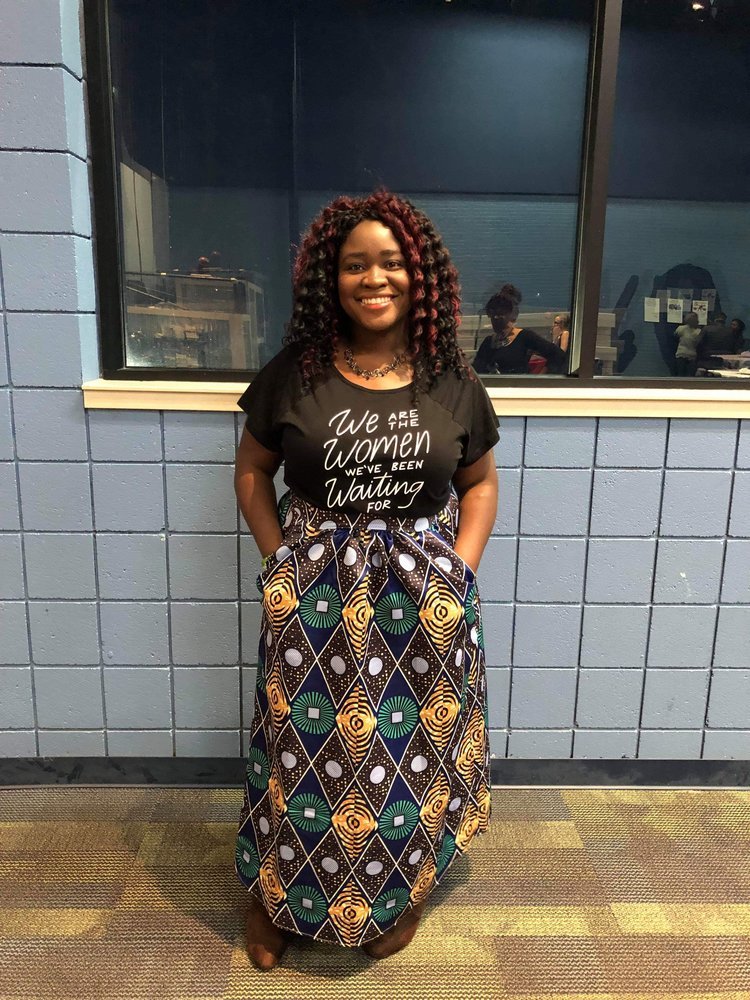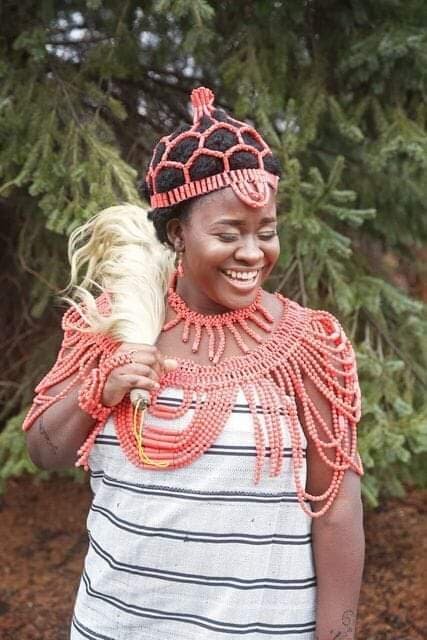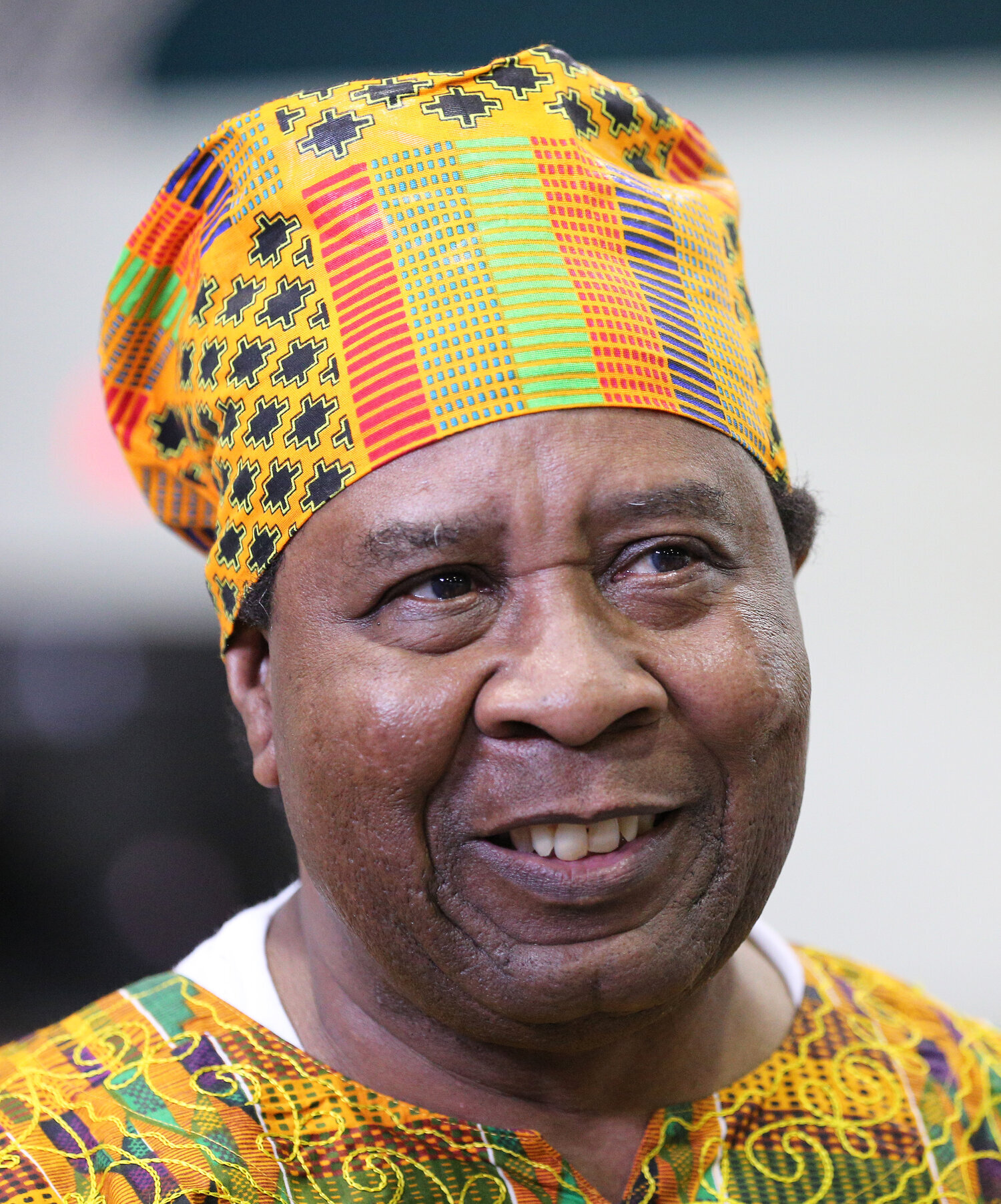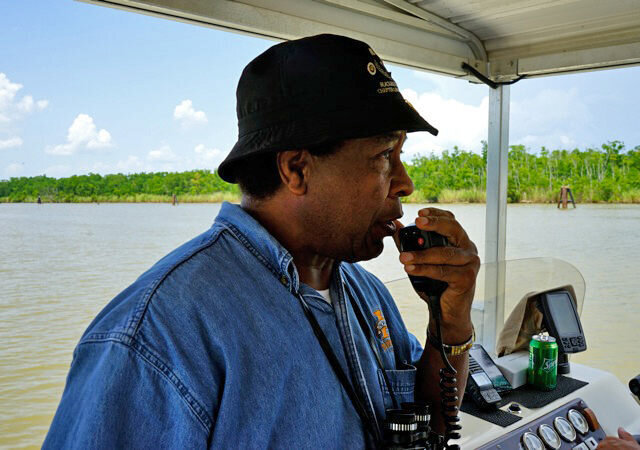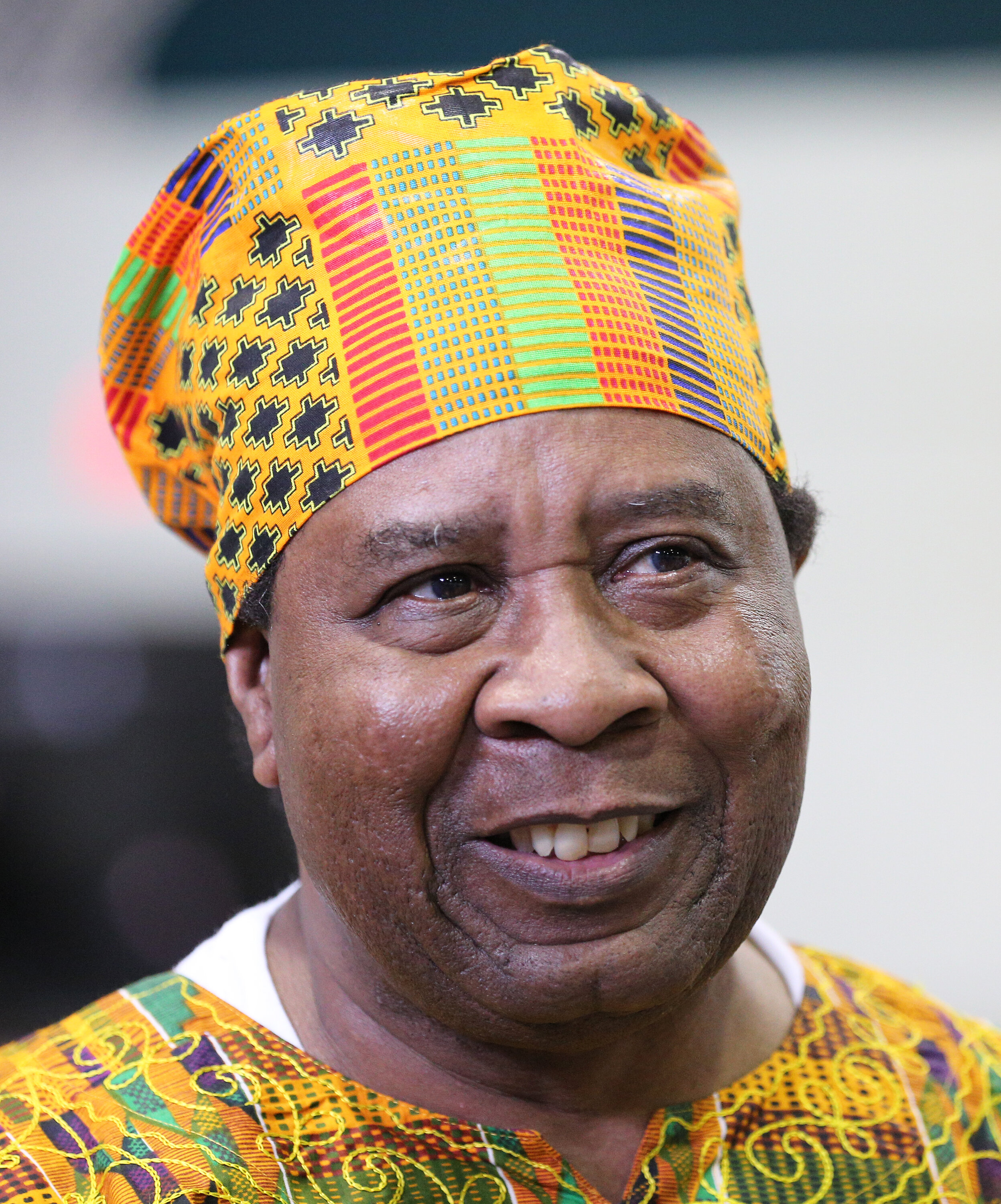Rosine Hounakey is from Togo but she was trafficked to the US at 13 years old. Forced to work for free on both coasts of the US, she was later coerced into an abusive marriage until she was freed with her two young sons as the result of an ICE raid when she was just 17 years old.
She then had to go through foster care in various American cities, waking up at 5am every day to take her kids to school before completing high school herself, after years with no formal education, having taught herself English along the way.
We also discuss the entrepreneurial spirit of Togolese women, annoying stereotypes about Africa and Africans, tension and solidarity with the African American community, and moving forward with life in the US after a deeply traumatic start.
Be sure to check the links below for critical facts on Human Trafficking, as well as organizations that can provide immediate assistance.

